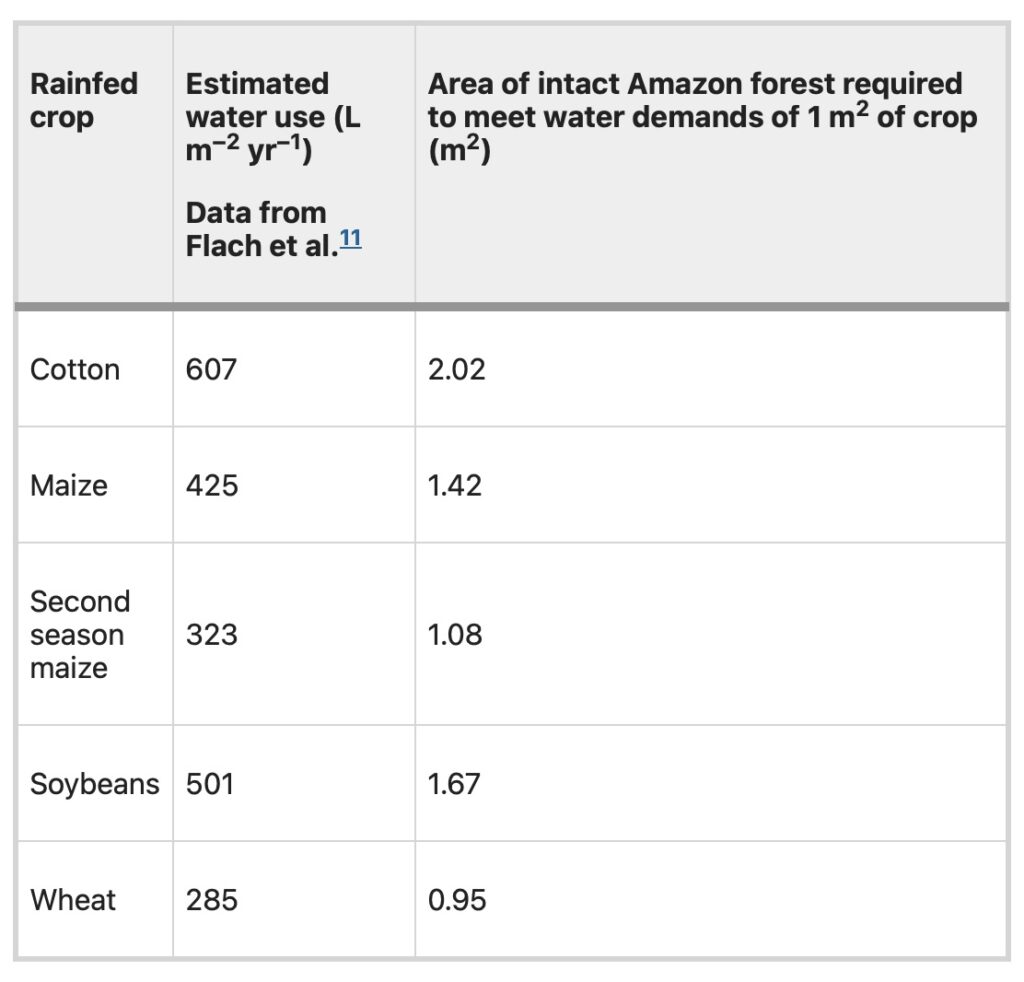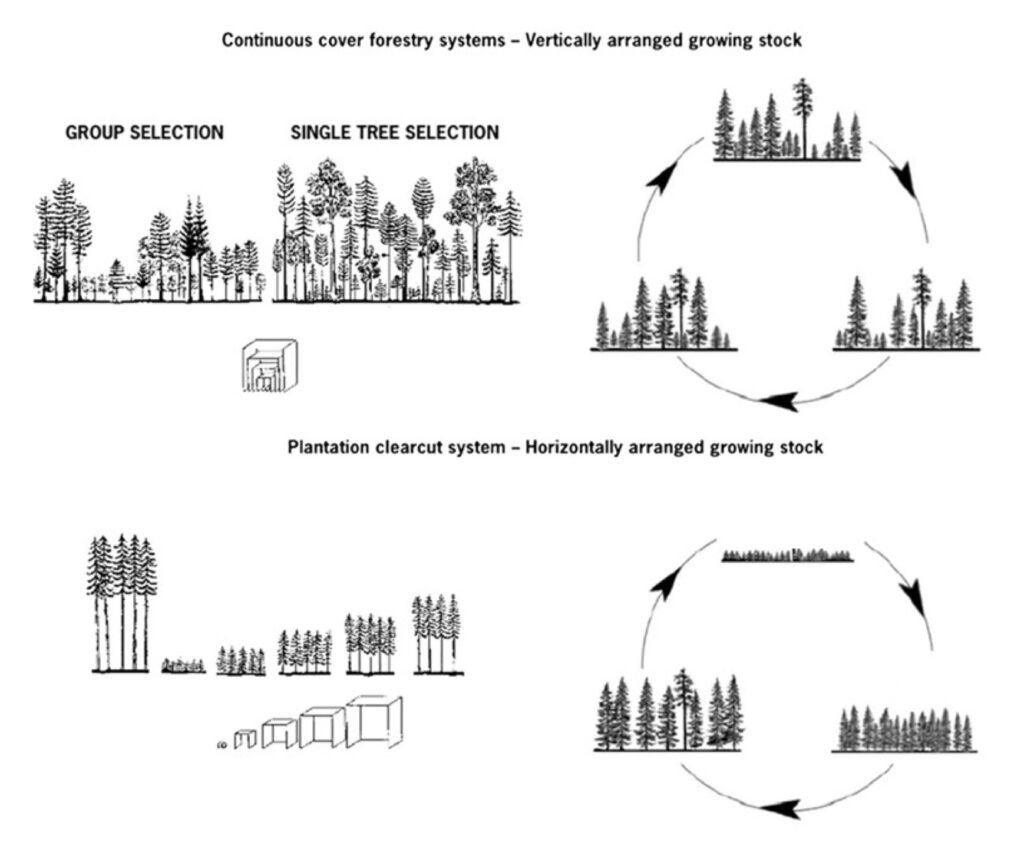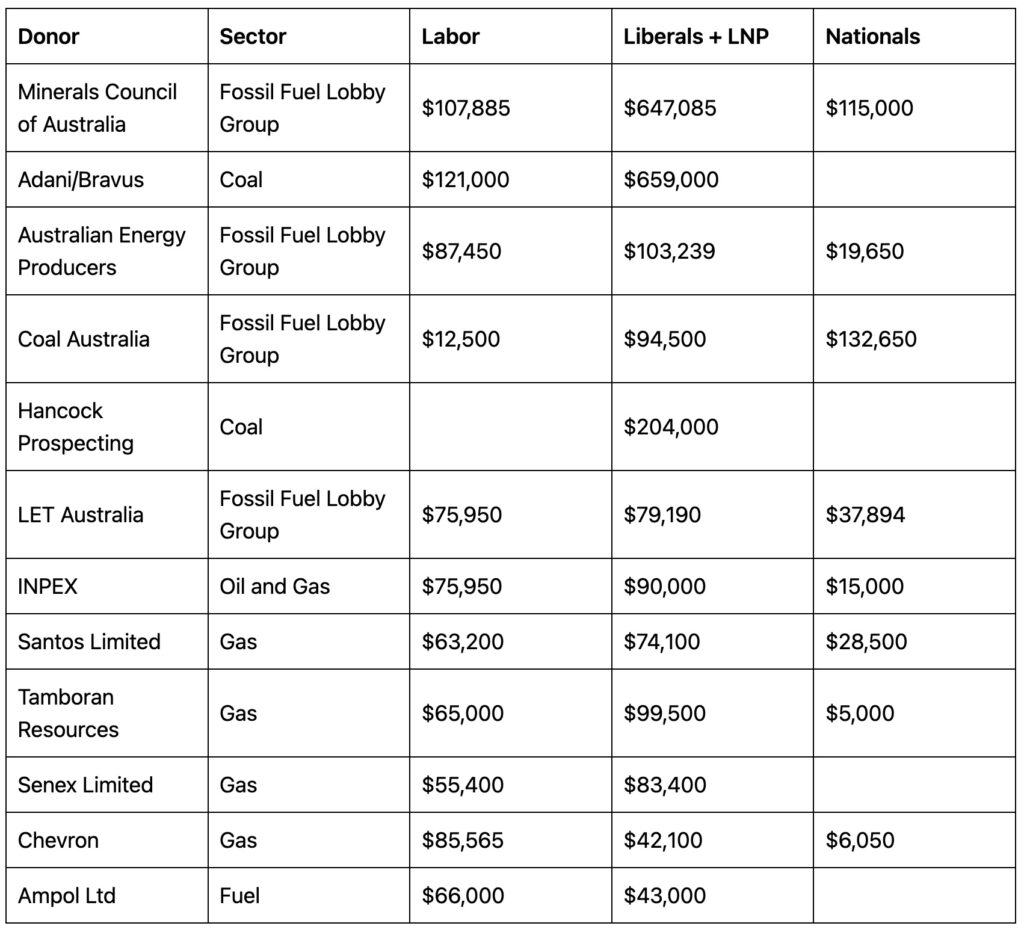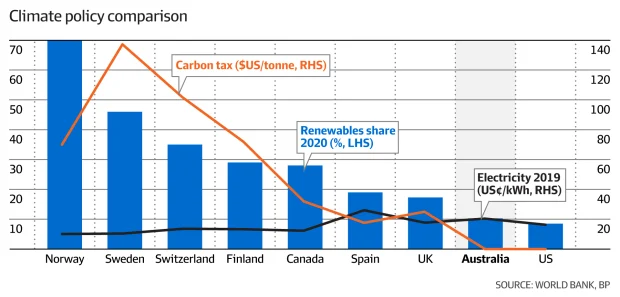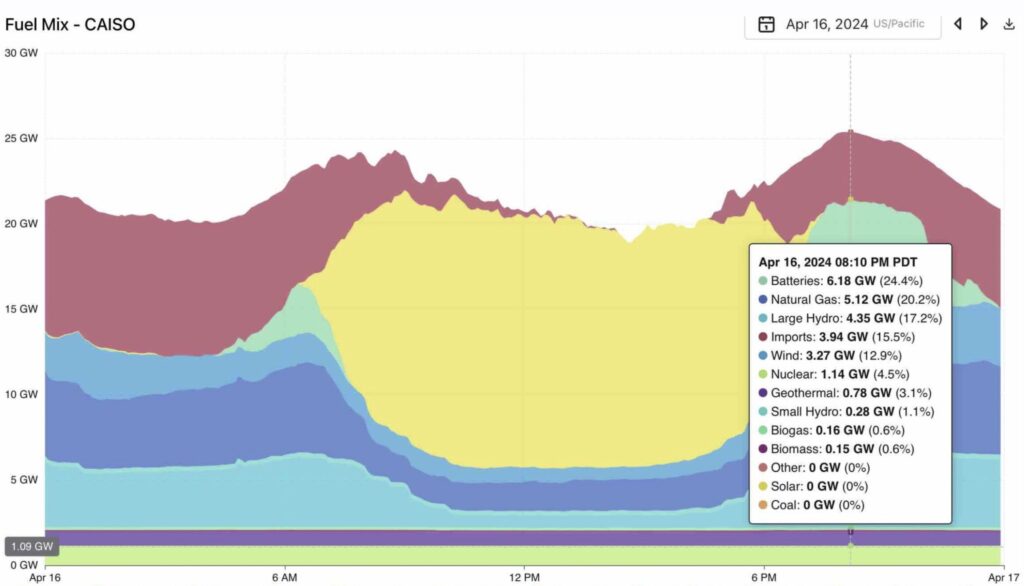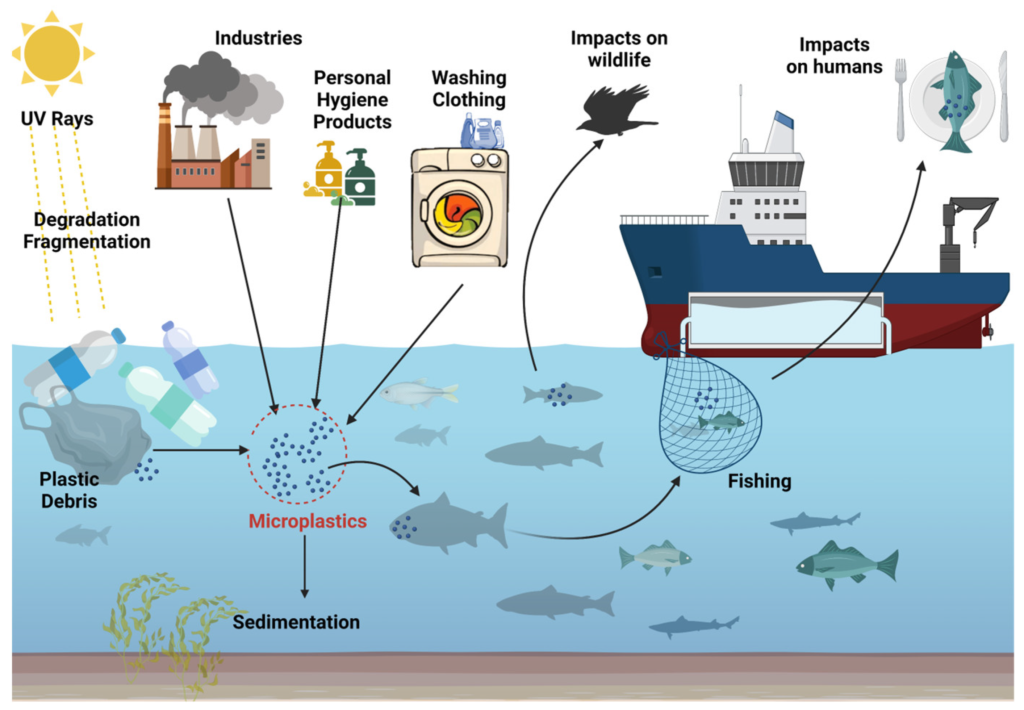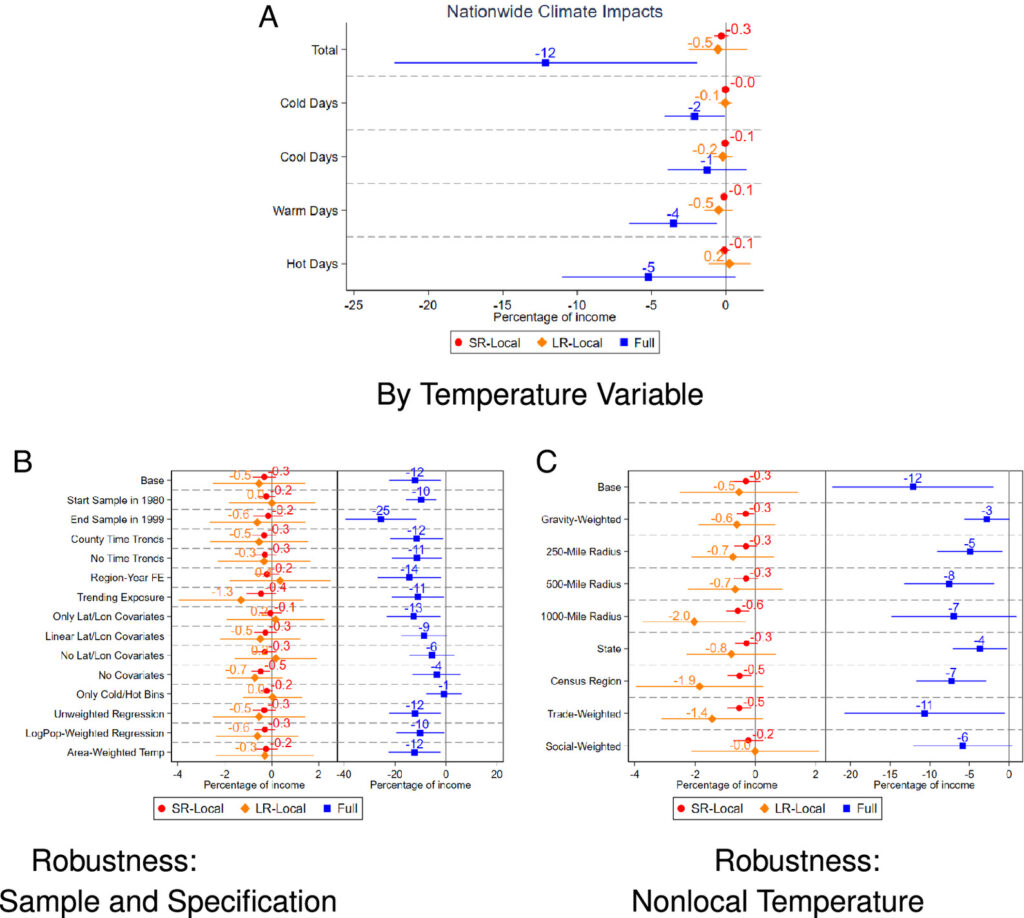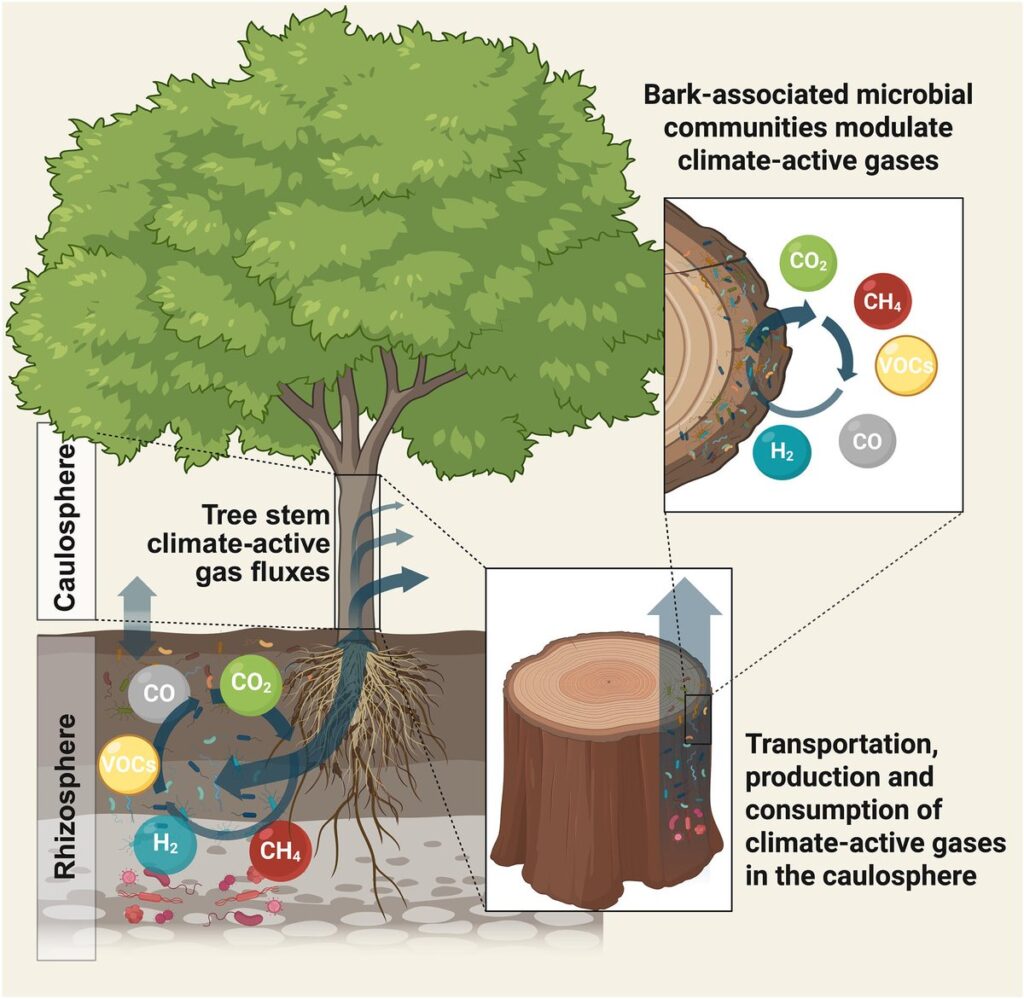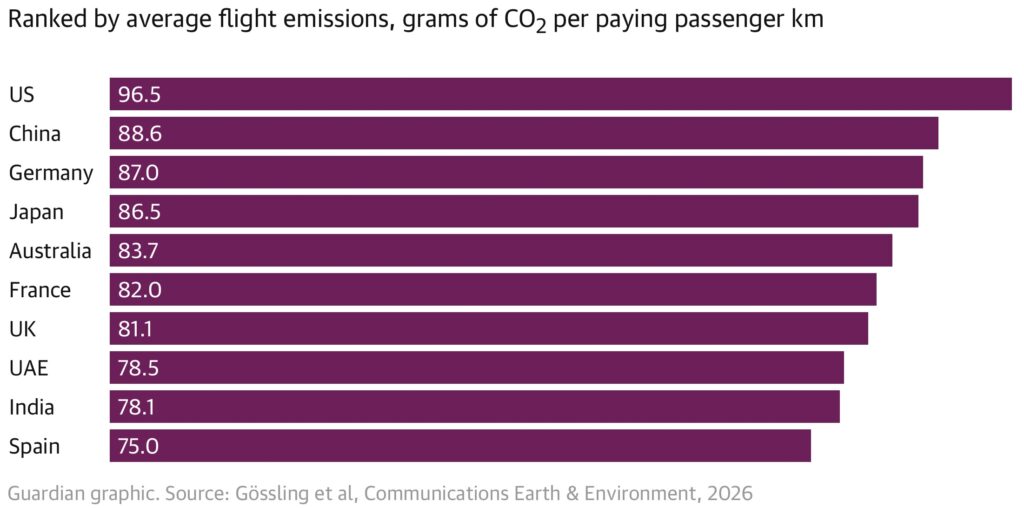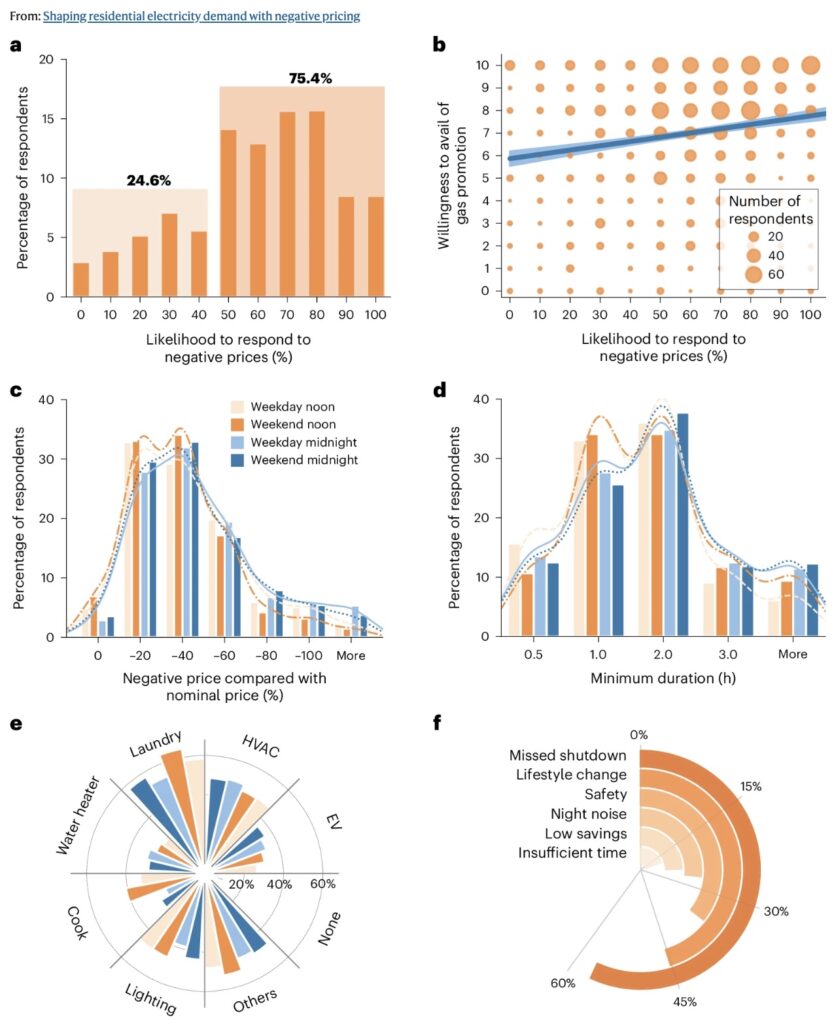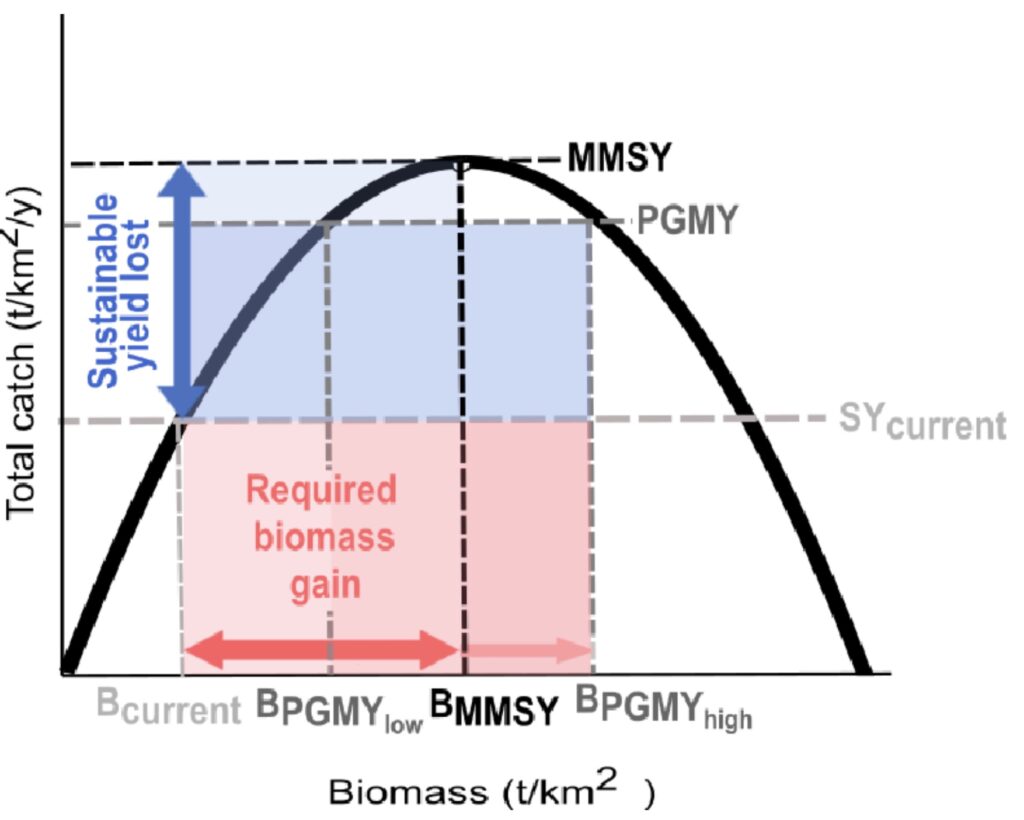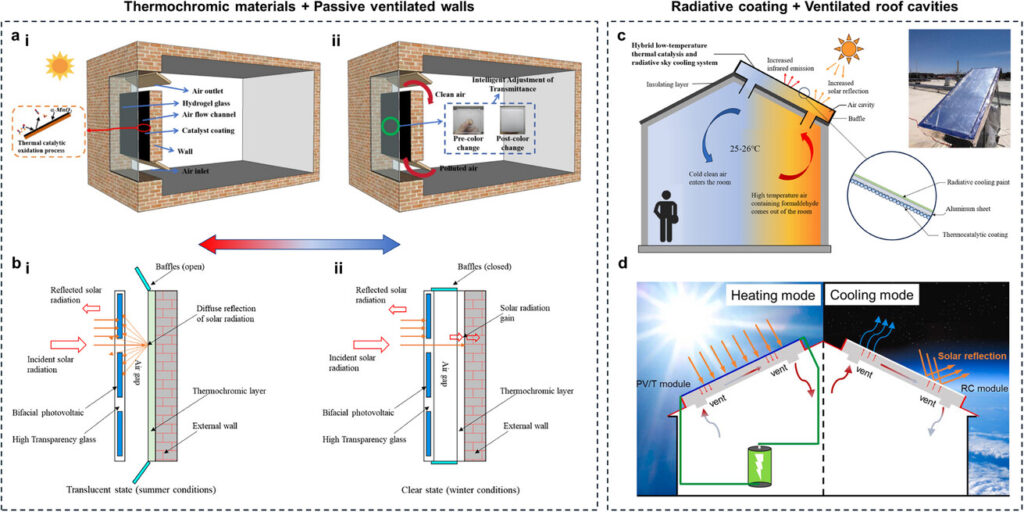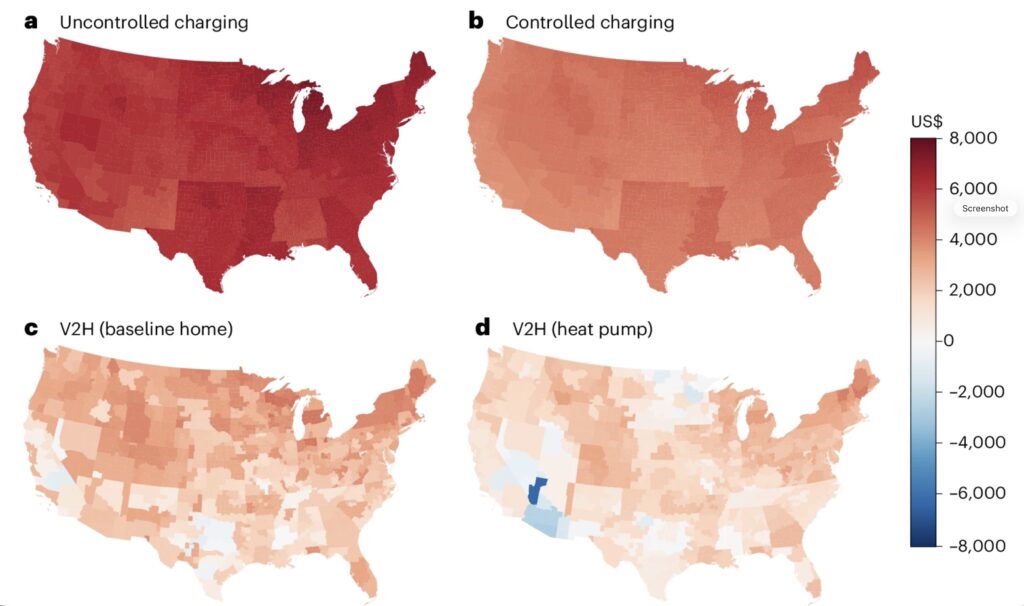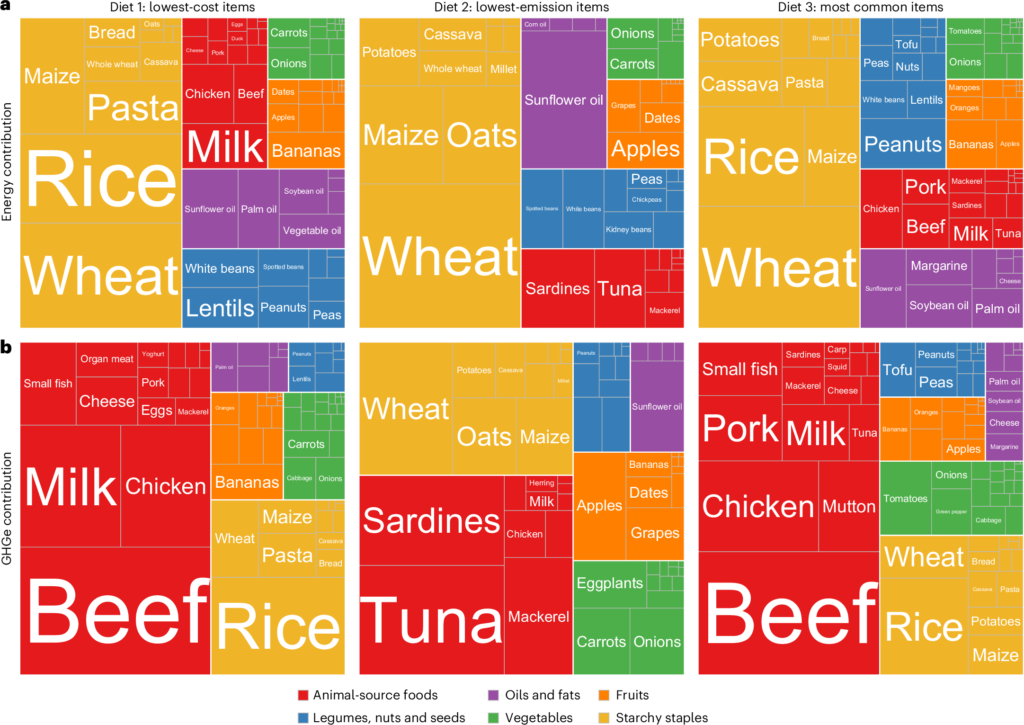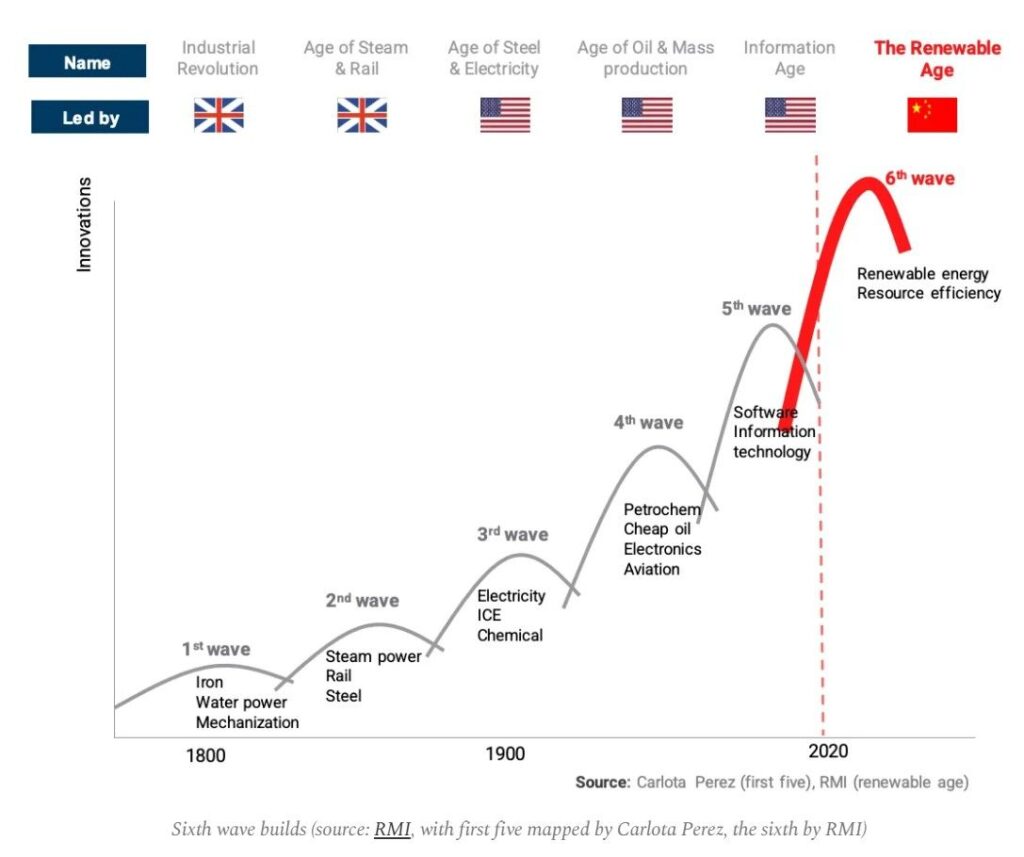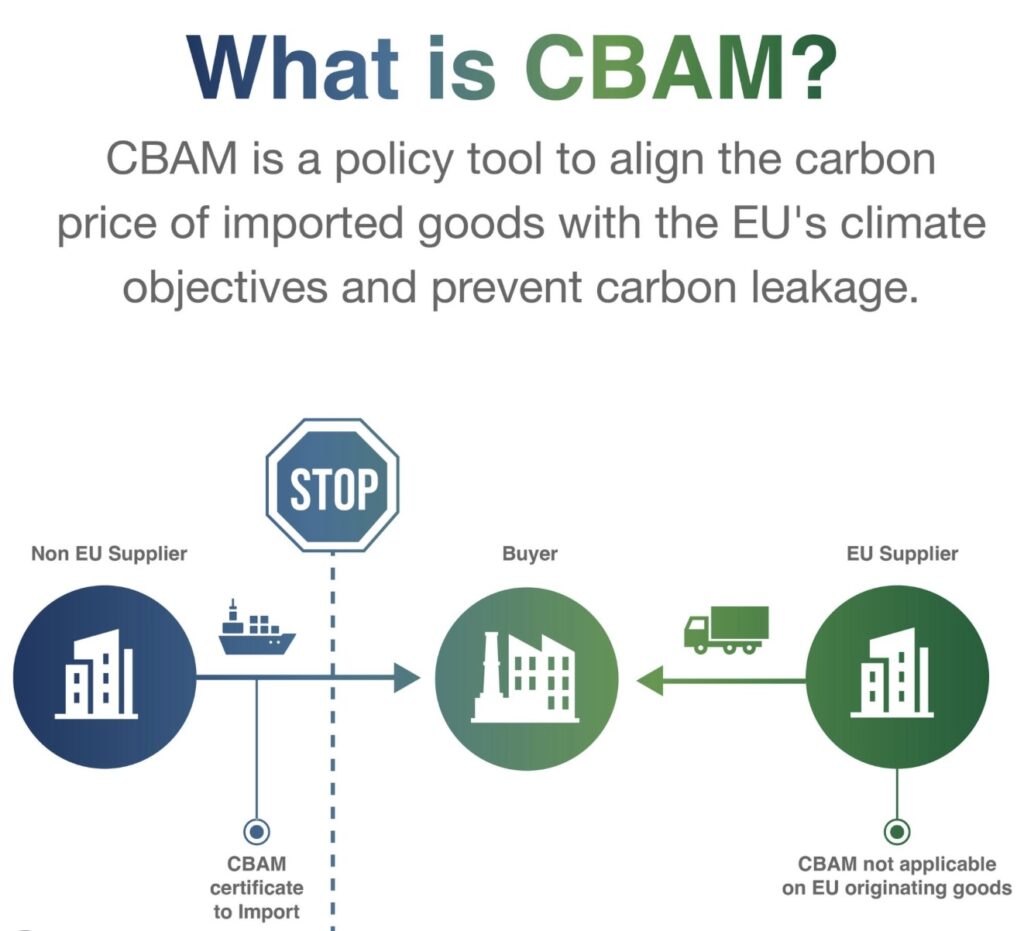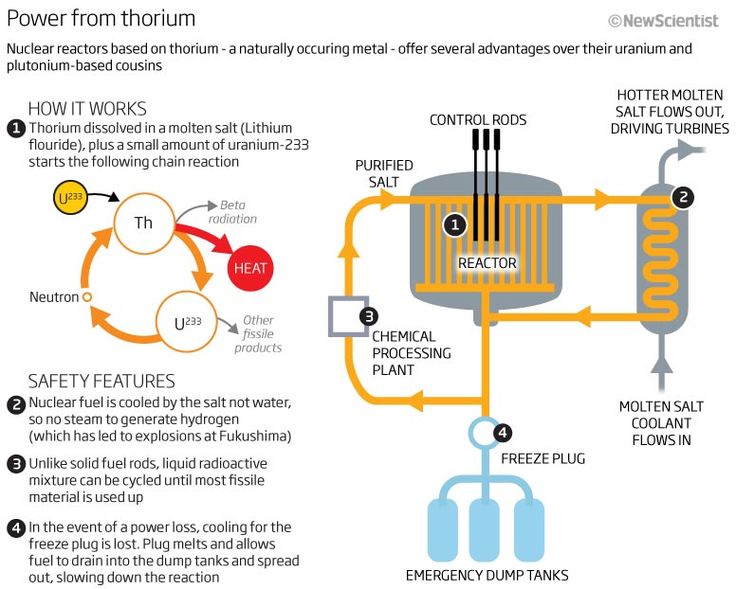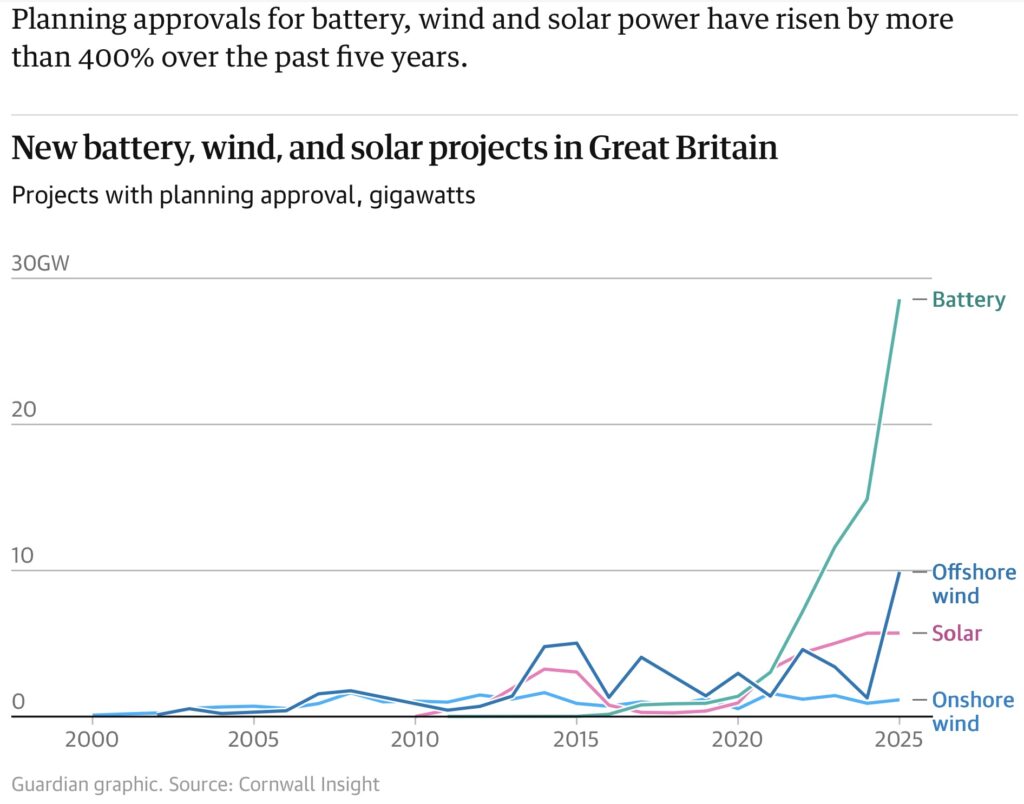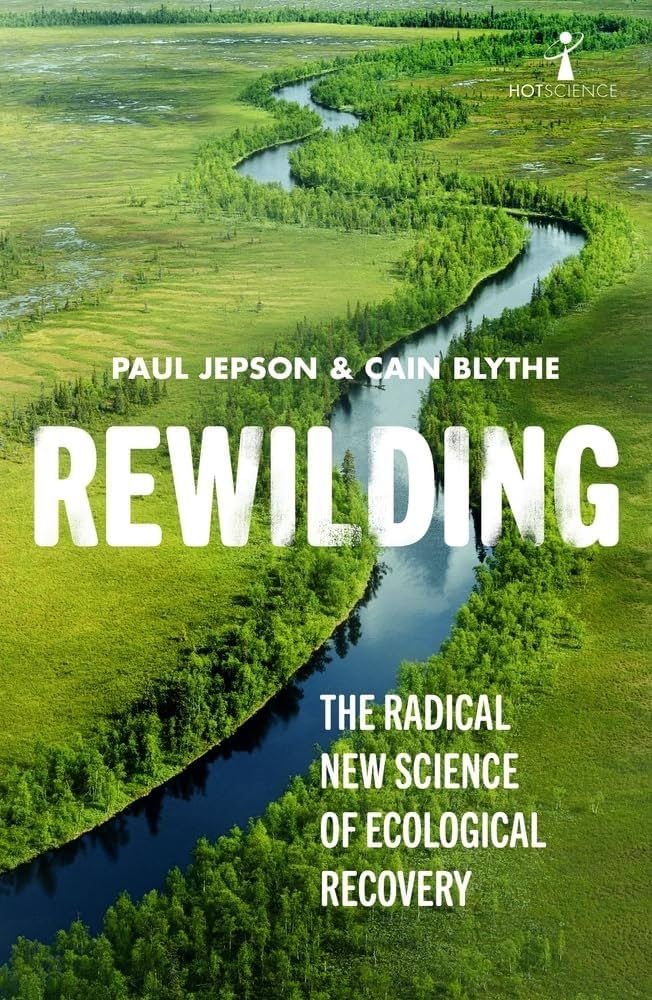VEN – Good News on Climate Action – Blog
Rainforests are rain-making machines worth tens of billions of dollars to farmers.
A new study puts a price tag on forest-generated rainfall, making the economic case for protecting tropical forests as deforestation rises. By Warren Cornwall February 25, 2026 Anthropocene Tropical rainforests get that name because it rains a lot in these places. But they deserve it for another reason as well: They make rain. By absorbing water…
Read MoreHow a Welsh village saved its forest … and its future
In an edited extract from her latest book, Hazel Sheffield sets out a new blueprint for community stewardship Hazel Sheffield Sun 22 Feb Guardian UK It was a Saturday in February 2020 when the flood came. It had been a wet winter, so wet it seemed that before the month was out, the brown trout…
Read MoreIncreasing pressure to get fossil fuel money out of politics
Dirty Data: How coal and gas money fueled 2025 election campaigns 3 February 2026 Climate Integrity’s press release and analysis of Monday’s political donations data. Climate Integrity is calling for an end to political donations from the fossil fuel industry as the latest Australian Electoral Commission (AEC) data shows millions of dollars from coal and gas companies…
Read MoreFossil fuel firms may have to pay for climate damage under proposed UN tax
Framework Convention on International Tax Cooperation could also force ultra-rich to pay global wealth tax Guardian Fossil fuels Fiona Harvey and Heather StewartSun 1 Feb 2026 23.00 AEDTShare Fossil fuel companies could be forced to pay some of the price of their damage to the climate, and the ultra-rich subjected to a global wealth tax, if new…
Read MoreTo break its coal habit, China should look to California’s progress on batteries
China has been heavily promoting the use of “flexible” coal-fired power to back up its growing variable power sources and meet peak demand. As batteries redefine how power systems handle peak demand in the United States, a central question for the global clean energy transition is whether China can follow a similar path, write [registration required] Christine…
Read MoreNew EU plastic pellet laws begin
Alix Willemez, PhD Plane Crash Survivor On 16 December 2025, new EU legislation entered into force to tackle one of the most overlooked sources of pollution: plastic pellets. Not bags. Not bottles. Pellets. Those tiny plastic beads (the raw material of almost all plastic products) are one of the largest sources of microplastics in soils, rivers…
Read MoreTrump’s anti-climate agenda won’t just hurt the planet, but American incomes too
Dharna Noor in The Guardian newsletter 15/01/2026 Donald Trump has long railed against emissions-cutting policy as an expensive “hoax” and “scam”. But the climate crisis itself comes with a major price tag for Americans, a new study shows. Previous research has found that global heating has driven up utility costs, home insurance premiums and healthcare bills.…
Read MoreThe trillions of microbes inhabiting tree bark can suck up planet-warming gases, scientists have discovered.
By Warren Cornwall January 14, 2026 Anthropocene Trees have a well-earned reputation as climate heroes for their ability to suck up carbon dioxide and respire oxygen. But until now, people have been overlooking tinier but far more numerous parts of the equation: the trillions of bacteria inhabiting tree bark. Scientists in Australia spent five years peering into the…
Read MoreDitch premium to halve aviation emissions!
Article: Large carbon dioxide emissions avoidance potential in improved commercial air transport efficiency Communications Earth & Environment volume 7, Article number: 13 (2026) Cite this article Gössling said replacing premium seats with denser economy seating was probably the most important factor. Overall, first and business class passengers are responsible for more than three times the emissions of economy passengers, he said,…
Read MoreThe strange new economics of negative electricity pricing
As clean energy surges, utilities that once urged restraint may sometimes need to reward households for using electricity—reshaping how virtue, value, and consumption collide. By Sarah DeWeerdt January 6, 2026 Anthropocene Saving electricity is environmentally responsible – a fact so banal that it hardly needs stating. But one of the paradoxes of a decarbonizing grid is…
Read MoreThe perverse dilemma of reef recovery: Less fish now, more food later.
Scientists say coral fisheries could sustainably provide thousands of additional meals per square kilometer. But it requires sacrifice from communities that already have little to spare. By Warren Cornwall January 7, 2026 Anthropocene Coral reefs are the breadbaskets of the ocean, home to an outsized amount of the fish that wind up on people’s plates. But…
Read MoreChasing the dream of transparent insulation, researchers hit on a solution: high-tech “bubble wrap”
A team of scientists have created a porous material that keeps windows almost 100 percent transparent while blocking 10 times as much heat as regular glass windows. By Anthropocene Team December 18, 2025 It’s nearly winter in the Northern hemisphere. For many that means drafty windows that waste energy and keep you from being cozy inside…
Read MoreEVs aren’t just cars anymore. They can power your home slashing emissions—and bills.
A first-of-its-kind national study finds that vehicle-to-home charging can turn electric cars into grid-smart assets, reducing both energy costs and greenhouse gas emissions. By Sarah DeWeerdt in Anthropocene Tapping into electric vehicle (EV) batteries as a source of household power could save car owners thousands of dollars and slash carbon dioxide emissions, according to a new…
Read MoreThe climate case for cheap food
An analysis of diets worldwide reveals that lower-cost diets are often substantially less carbon-intensive than the meals people eat most often. By Emma Bryce in Anthropocene People can eat sustainably and protect their wallets at the same time: in fact a new study that drew on data from almost every country finds that diets which are…
Read MoreJohn Elkington’s reflections on 2025
from Mike Barry Co-Founder Planetary Alliance on LinkedIn Lots of good reflections on 2025 and predictions on what’s to come in 2026 but here’s my favourite must read from the incomparable John Elkington. His deep reflections on the big transformative changes we need in politics, markets and business are underpinned by a very rare, very…
Read MoreEU’s new ‘green tariff’ rules on high-carbon goods come into force
The ‘border adjustment mechanism’ aims to create a level playing field while also encouraging decarbonisation Fiona Harvey Environment editor UK Guardian Thu 1 Jan 2026 The biggest shake-up of green trade rules for decades comes into force today, as companies selling steel, cement and other high-carbon goods into the EU will have to prove they comply…
Read MoreThorium Reactors: A Deep Dive into the Potential of Next-Generation Nuclear Power
Article Summary: Thorium reactors are a new kind of nuclear power that could be safer, cleaner, and better for the planet than today’s nuclear power, but they are still hard and expensive to build. Key Points For Thorium Reactors Key Points Against Thorium Reactors Simple Comparison Final Takeaway Thorium reactors could be a great clean energy solution for the…
Read MoreRenewable energy project approvals hit record high in GB in 2025, data shows
Applications to build battery storage drive boom as offshore wind projects given go-ahead jump sevenfold year on year Jillian Ambrose Guardian Energy correspondent Tue 30 Dec 2025 A record number of renewable energy projects were given the go-ahead in Great Britain in 2025, after planning approvals almost doubled year on year, according to an analysis.…
Read MoreRewilding: The radical new science of environmental recovery
Authors: Paul Jepson and Cain Blythe Book review on LinkedIn: Mark Papain Just finished this fascinating read. Proponents of rewilding highlight that since humans spread across the globe they have contributed to mass extinctions of megafauna, which has had outsized negative impacts on ecological complexity. On this basis, they suggest an assessment of ecosystem health…
Read MoreSo you want to install a community battery?!
From Lexi Crouch | Climate Change & Sustainability Program Lead City of Newcastle The SwitchedOn Australia podcast did a series titled “So you want to install a community battery?” which offers practical advice from groups like Totally Renewable Yackandandah (TRY) and Yarra Energy Foundation (YEF) on navigating community battery projects. You’ll need to look up the episodes from Feb, Mar…
Read More
